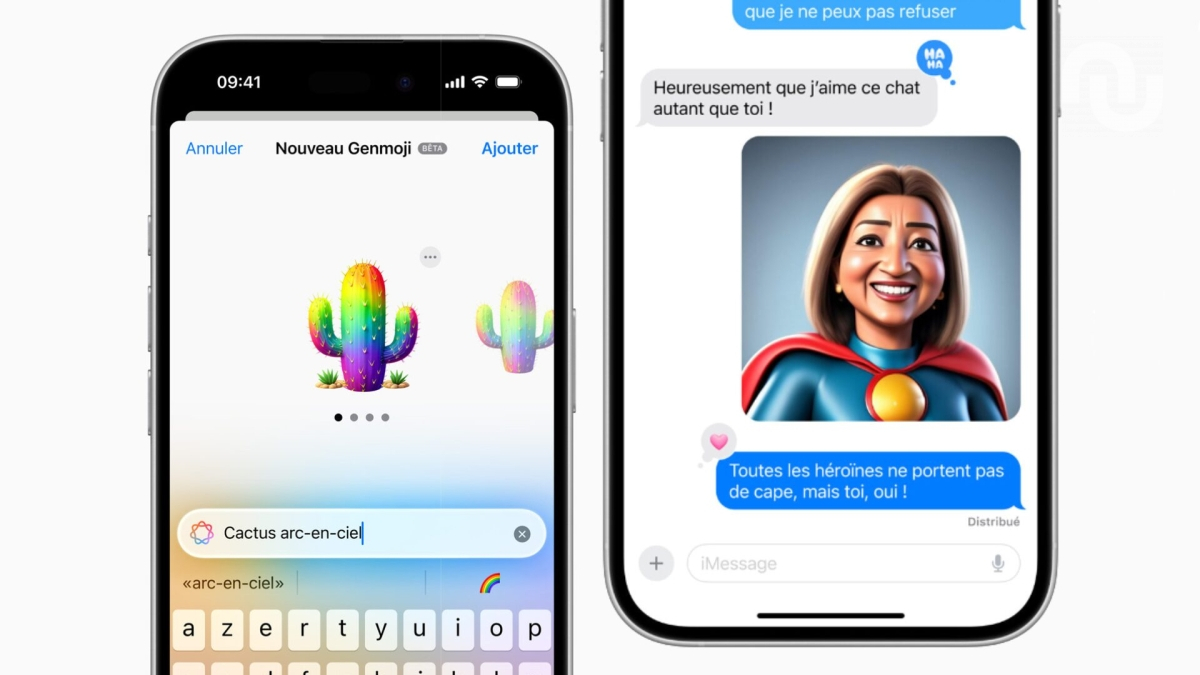Apple has been hit with a federal lawsuit claiming that the company's promotion of now-delayed Apple Intelligence features constituted false advertising and unfair competition. From a report: The suit, filed Wednesday in U.S. District Court in San Jose, seeks class action status and unspecified financial damages on behalf of those who purchased Apple Intelligence-capable iPhones and other devices. "Apple's advertisements saturated the internet, television, and other airwaves to cultivate a clear and reasonable consumer expectation that these transformative features would be available upon the iPhone's release," the suit reads.
"This drove unprecedented excitement in the market, even for Apple, as the company knew it would, and as part of Apple's ongoing effort to convince consumers to upgrade at a premium price and to distinguish itself from competitors deemed to be winning the AI-arms race. [...] Contrary to Defendant's claims of advanced AI capabilities, the Products offered a significantly limited or entirely absent version of Apple Intelligence, misleading consumers about its actual utility and performance. Worse yet, Defendant promoted its Products based on these overstated AI capabilities, leading consumers to believe they were purchasing a device with features that did not exist or were materially misrepresented."


Read more of this story at Slashdot.












